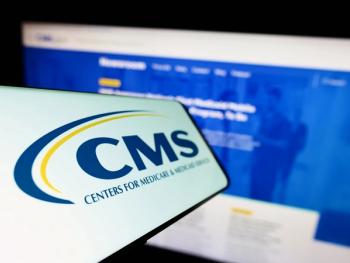
Payers Express Low Confidence in Managing Cell and Gene Therapy Financial Risks
Plans expect cell and gene therapies to pose a moderate or major financial challenge in the next two to three years, according to a new survey of pharmacy benefit leaders by PSG.
Employers and health plans anticipate significant financial challenges from cell and gene therapies (CGTs) but lack confidence in their ability to manage these costs, according to Pharmaceutical Strategies Group’s (PSG) newly released 2025 Trends in Specialty Drug Benefits Report.
The survey of more than 230 pharmacy benefit leaders shows that 73% of plans expect cell and gene therapies to pose a moderate or major financial challenge in the next two to three years. However, most expressed low confidence in their understanding of the financial impact, and nearly 40% don’t currently use any financial protection products to manage CGT-related risks.
“These therapies aren’t one-size-fits-all,” said Renee Rayburg, vice president of clinical strategy at PSG, in a
The specialty drug landscape continues to grow more complex as innovative but costly treatments enter the market. Cell and gene therapies can cost millions per patient, with treatments for hemophilia B reaching $3.5 million per treatment.
The pipeline for advanced therapies continues to grow at a remarkable pace. As of early 2025, more than 30 gene therapies have been approved globally, including CAR-T and other genetically modified cell therapies, according to a
This financial pressure to pay for these medicines is reflected in the PSG survey's broader findings on specialty drug cost management, which has become the dominant concern for benefit leaders. The percentage of respondents citing management of specialty drug costs or total cost of care as their top priority increased to 84% this year, up from 75% in 2023.
Payers are exploring various approaches to control these costs. The survey found 80% of respondents are interested in preferring lower-cost drugs that offer no rebate at all, moving away from traditional rebate-driven models. More than 60% expressed interest in cost-plus pricing arrangements.
The report also highlighted significant gaps in the data infrastructure needed to effectively manage specialty drug costs. Respondents cited cost-sharing affordability for members and lack of reliable data to understand the total cost of care impact of medications as their biggest challenges.
“Leaders are eager to try new approaches to address costs while preserving access to drugs that their members need. Yet many benefit leaders lack the data, infrastructure, and confidence to fully implement those strategies,” Rebekah Gregg, chief operating officer of PSG, said in the news release.
Some employers and health plans are changing how they manage expensive medications as a result. About 9% of employers and 24% of health plans are now outsourcing parts of their pharmacy benefit services, such as deciding when a drug needs prior approval or whether patients must try a cheaper drug first. These decisions, usually handled by PBMs, are now being handed off to independent companies. Another 24% of plans are thinking about making a similar shift.
The report, co-sponsored by Genentech, was based on an annual survey conducted in September and October 2024.
Newsletter
Get the latest industry news, event updates, and more from Managed healthcare Executive.























